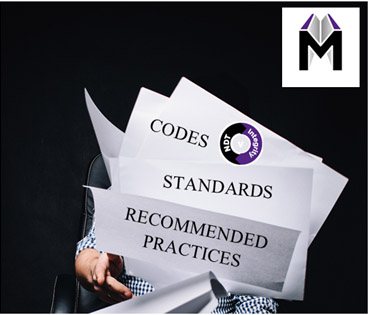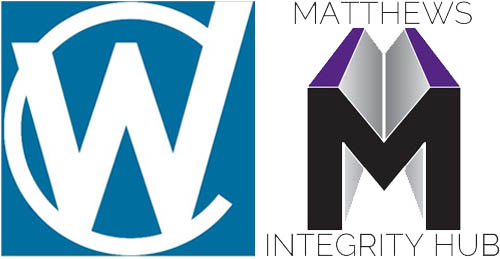CODES, STANDARDS AND RECOMMENDED PRACTICES (RPs)
What’s the difference between these document types?
There is no single answer that all countries’ organisations will agree on, but there is a generally-understood system that most organisations will be reasonably happy with. It’s generally applicable to organisations that produce technical documents, not just specifically API. Here it is;
First, it’s all about standardisation
The idea of published technical documents in the integrity industry in general is that they should encourage standardization of technical approach to things. This infers there being multiple parties involved, all adding their viewpoint, with some system of balloting and adjudication to reach a consensus.
Standards
Standards are voluntary guidelines produced by professional Institutions or organizations which are nearly always committee-led. This (in theory) results in documents which contain requirements which are robust enough to be mandatory. This does not mean however that they have specific legal significance; users are free to decide whether to follow the particular standard or not. The general idea is that Standards are generally not the law but do represent a proven way of doing things. Standards compliance can also form the basis of a contract between seller and purchaser if both agree to adopt it.
Codes
A document that has the status of a Code has been adopted by a legal ‘jurisdiction’ and made into law, so is legally binding. The technical scope can be the same as a standard (pipework, pressure vessels etc|) and commonly covers a raft of activities such as design, fabrication, inspection and installation making it ‘all encompassing’. Codes contain clear sets of requirements, rather than technical discussions about the subject. This can lead to them being phrased in rather bland legal-sounding language and being very short of pictures and diagrams.

Recommended Practices (RPs)
RPs are documents containing technical information and recommendations that are not suitable to be included in a code. They indicate good engineering practices but are optional. In many cases they are produced by Institutions and standards bodies to accompany codes. They may also be developed by commercial companies to reflect their own way of doing things. In some countries RPs may be called PDs (Published Documents) or Guides but the principle is the same.
A typical document set
Each country has its own Codes and Standards. A good example of the document types is in the USA which has a well-developed structure involving many organizations. Legal requirements vary between states but a typical situation is;
For pressure vessels:
- ASME VIII-I Rules for Construction of Pressure Vessels is thehthe construction standard
- API 510 Pressure Vessel Inspection Code: In-Service Inspection, Rating, Repair, and Alteration is the code
- Recommended Practices accompanying API 510 are
API RP 572 Inspection of Pressure Vessels
API RP 579 Fitness for Service
API RP 571 Damage Mechanisms
Similar schedules of documents exist for pipework, pipelines, storage tanks, valves and other types of fixed equipment.
Test your knowledge with our Quizzes
Try the technical quizzes on our Quizpage
Can we help you further?
Yes, if you have any particular questions on pressure equipment codes, standards or RPs then contact us on our email or telephone service.
For example:
- Which RPs are relevant to API 510 vessel inspection
- What is the status of National Board document NBIC-23?
- What do UK pressure equipment regulations say about codes and standards?
- How does BS PD (Published Document) 5500 fit in with the European PED?
- What is the status of the API SIFE document?
We are not part of any government body, association, institution, agency or employer. Nor do we officially represent any of them, so you can be assured that we can provide you with an objective viewpoint.
Matthews Integrity Hub: HEAD OFFICE is OPEN EVERY DAY….0730 – 2200 Monday – Sunday…That’s correct, all week, every week, including holidays
 If we happen to miss your call, leave a message and we will call you back just as soon as we pick it up. Sorry, there’s no automated messages, call queueing, voice recognition tools or canned music. Try it and see.
If we happen to miss your call, leave a message and we will call you back just as soon as we pick it up. Sorry, there’s no automated messages, call queueing, voice recognition tools or canned music. Try it and see.
CONTACT US
Tel: 07746 771592 help@matthewsintegrity.co.uk





